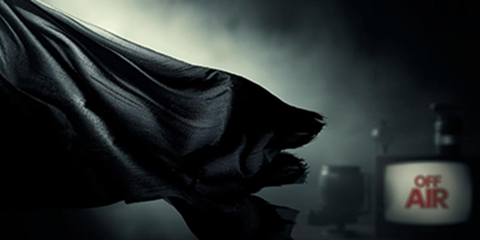
PFUJ recalls November 3, 2007 emergency as Pakistan’s darkest day
November 03, 2025: PFUJ recalls November 3, 2007, as Pakistan’s darkest day under Musharraf, urging protection for journalists and the abolition of laws threatening press freedom.
JournalismPakistan.com | Published 12 years ago | SAM
Join our WhatsApp channel
At JournalismPakistan.com we frequently get requests from students and other individuals interested in knowing how to get started in journalism, the basics of journalism and skills needed to become a journalist. Although we try our best to patiently explain the requisites, we usually end up frustrated because journalism is not something you get the hang of overnight. There are no shortcuts, no quick fixes and, most importantly, as in all professions, either you have it or you don’t; you can’t force it.
Also, there is this bizarre myth that journalism is an action-filled job. Well, most of the time it isn’t. Rather, it’s just plain hard, repetitious work.
Does it pay well?
Of course, it does, but for that, you have to be in that .005 percent of iconic journalists who reel in the big bucks. It has as much to do with personality, lucky breaks, being exceptionally enterprising and knowing your job well as anything else. Otherwise, think moderate to comfortable.
One young fellow informed me he wanted to be an anchor because he wanted to be famous. I wished him all the luck. After three years of struggling in a news channel, he now works at a hotel reception. That’s the way it is.
Journalism is not an easy profession.
However, the more you know about what makes it click, the better you are likely to be at it. One has to be dedicated, disciplined, patient, sharp, and enterprising and have a passion for the profession to make the cut. Otherwise, resign yourself to be confined forever to some desk in the newsroom if you’re lucky.
The financial remuneration might not be what you imagined, but you can get plenty of respect and recognition. Indeed that is the fuel that most real journalists run on.
But in journalism, as in everything else, there is a starting point.
In Pakistan there are five ways of ending up in journalism or ‘the media’ as they prefer to call it now:
a) You learn the job on-hand as an apprentice sub or cub reporter.
b) You get a Masters degree from one of the few local universities that do offer programs in Journalism or Mass Communication and cash in on it.
c) Your father, uncle, brother, sister or cousin are already in the business and put in a word for you with the editor/CEO, and you want to follow in their footsteps.
d) You are a direct government/political appointee aiming at a quick rise to the top.
e) You have been planted/embedded by the government, state/military intelligence agencies to promote their agenda and keep an eye on those individuals likely to cause a ripple or don’t agree with those aforementioned agendas.
One way or the other, when an individual enters the newsroom of any newspaper or news channel, he has much to learn.
Usually, despite all the degrees, political clout or directives, newcomers to the newsroom will feel like a fish out of water. They have no firsthand experience and, quite bluntly, know nothing about nothing.
That is why for the media to improve in Pakistan it is essential that journalism is taught at a much earlier stage than the university. High school would be a good start. In Europe and the United States there are some middle and high schools that have included journalism and mass communication in their curriculum.
The result of this has been that students have shown maturity, understanding, and capability far beyond had been expected.
Some schools not only have a bi-weekly or monthly newspaper but also weekly live news broadcasts.
To say I was surprised by the quality of work from 14-18-year-olds would be putting it mildly. I was impressed, really impressed by their output.
At one of the schools I visited, Gunderson High School in San Jose, I was amazed to discover that some 30 students had registered for journalism classes.
Not only were they learning the basics, history and associated technology and equipment, but were independently producing a weekly news bulletin and a newspaper called Paw Print named after the school mascot, a grizzly.
The students get the bulk of their journalistic knowledge from Miss. Allana Callaway, who pointed out that many of their students did their research and independently came up with story ideas for the newspaper and broadcasts.
The news bulletins are completely given direction, edited and broadcast by students as well.
“What we are doing is learning firsthand all the skills that we will have to put to use when we do enter the real world of journalism, and if not, at least we will have a perfect idea of how the media functions,” one journalism student said.
Another was quick to add: “Not only is it fun but we learn something new every time we film, edit, and broadcast.”
I wish we had something like this in Pakistan.

November 03, 2025: PFUJ recalls November 3, 2007, as Pakistan’s darkest day under Musharraf, urging protection for journalists and the abolition of laws threatening press freedom.

November 02, 2025: PFUJ urges Pakistan’s federal and provincial governments to end Impunity for Crimes Against Journalists and ensure their safety and press freedom.

November 02, 2025: Impunity for crimes against journalists deepens worldwide as Pakistan reports a 60 percent surge in attacks and weak enforcement of safety laws.

November 01, 2025: Pakistan Press Foundation reports 137 attacks on journalists in 2025, highlighting rising threats, legal harassment, and censorship on the International Day to End Impunity.

November 01, 2025: A viral Samaa TV clip featuring MNA Sher Afzal Marwat’s crude remarks and Talat Hussain’s laughter raises questions about the declining ethics of Pakistani television.

October 31, 2025: Police foiled a plot to kill DawnNewsTV journalist Tahir Naseer in Rawalpindi after arresting suspects hired for Rs200,000. Naseer says threats followed his reporting.
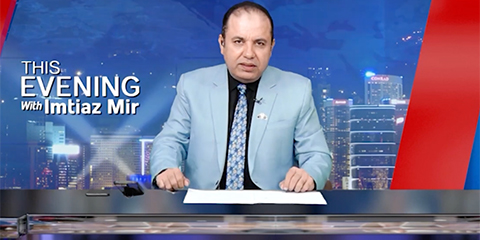
October 31, 2025: CPJ calls on Pakistan to bring Imtiaz Mir’s killers to justice after the journalist was allegedly murdered by a banned militant group in Karachi.

October 30, 2025: The PFUJ has condemned a fabricated drug case against journalist Matiullah Jan, calling it an attempt to silence him and urging authorities to quash the charges immediately.
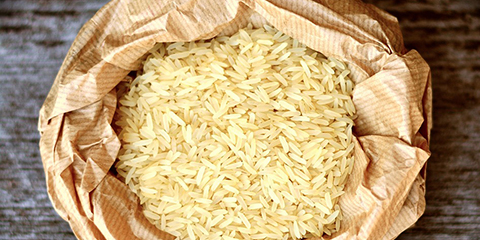
November 03, 2025 Global journalist unions condemn the Indonesian agriculture minister’s lawsuit against Tempo, calling it a threat to press freedom and demanding that the case be withdrawn.

November 02, 2025 Independent outlet All About Macau to halt print and online operations amid rising pressure, financial strain, and legal threats, sparking press freedom concerns in the city.
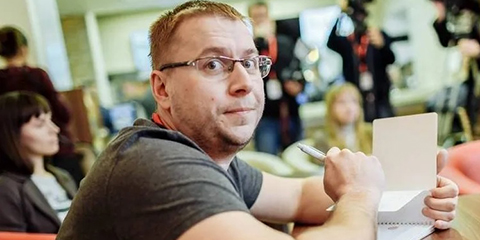
November 01, 2025 Belarus court jails journalist Siarhei Chabotska for extremism and defaming the president, highlighting Minsk’s ongoing crackdown on press freedom.
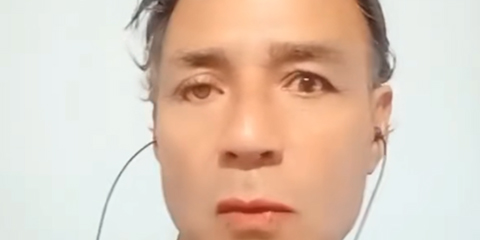
November 01, 2025 Mexican journalist Miguel Angel Beltran was found murdered in Durango. CPJ urges authorities to ensure justice amid rising violence against journalists in Mexico.

November 01, 2025 UNESCO survey finds one-third of media lawyers cannot effectively defend journalists due to threats, limited resources, and lack of specialization.